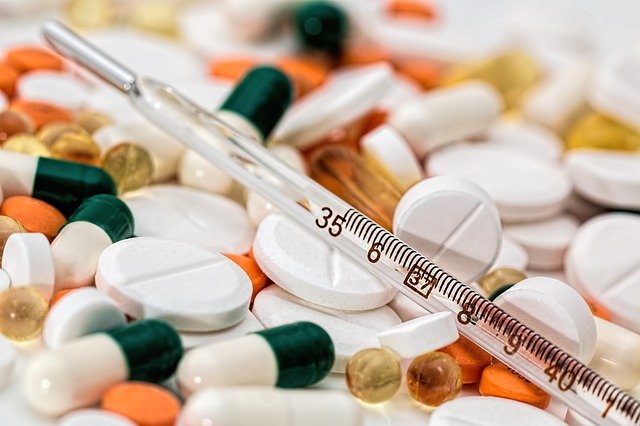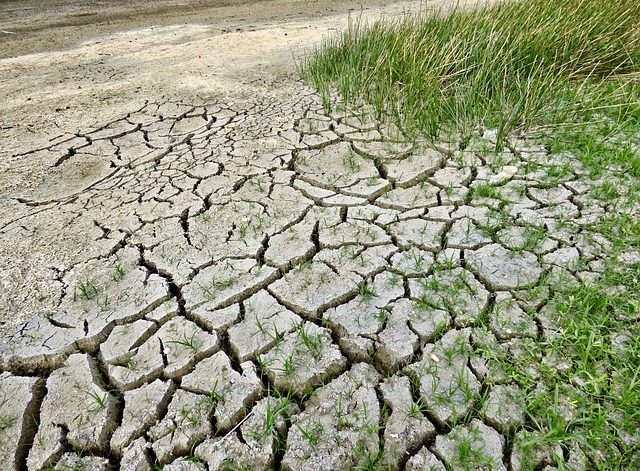- Recent Research Publication has reported about the presence of antibiotics in wastewater in the Twin Cities of Pakistan.
- Five different antibiotics were detected, determined, and analyzed from wastewater samples collected from various sources.
- The methodology of the study included the High-Performance Liquid Chromatography technique for result evaluation.
- The contaminated wastewater with various concentrations of antibiotics could lead to antibiotic-resistant bacteria in waterways.
According to the latest research, the presence of antibiotics has been found in wastewater in twin cities – Islamabad and Rawalpindi – of Pakistan. This is of great concern as it could lead to another environmental disaster. The human population is growing at an alarming rate and health facilities are continuously emerging and developing to provide sufficient benefits to humans.
Since technology development and easy access to medical information, the consumption of antibiotics has increased. Pharmaceutical companies are competing with each other and coming up with new formulas. Medicinal waste from pharmacies contains hazardous substances that are released into the environment and ultimately increasing environmental pollution.
In Pakistan, the pharmaceutical industries are increasing at a rate of 10-20 % per year. Antibiotics are important from all other medicines because they are persistent in nature and can easily relocate in the ecosystem. It is true fact that antibiotics help in fighting against illness, sudden relief to pains, etc; however, the release of antibiotics in the environment is a serious threat to the environment.
The research conducted detection and assessment of five different antibiotics found in wastewater including Sulfamethoxazole (SMX) Ofloxacin (Ofl), Levofloxacin (Levo), Ciprofloxacin (Cip), and Ampicillin (Amp). The wastewater samples were collected from various selected areas of Islamabad and Rawalpindi. The result analysis was carried out using the High-Performance Liquid Chromatography technique. Out of these five, Ciprofloxacin (Cip) was highest in concentration and Sulfamethoxazole was lowest in concentration.
The presence of antibiotics in wastewater highlights one most important thing, that is; increased consumption of antibiotics around the world. It also indicates improper management of waste, absence of adequate waste disposal techniques, etc. Previously there was news stating that fish turned zombie due to the presence of antidepressant in the water body.
It is concluded in the research that the presence of antibiotics could kill beneficial bacteria in wastewater and lead to antibiotic-resistant bacteria. The bacteria might become resistant to effective antibiotics and enter the food chain. This is possible because Pakistan is facing the water scarcity issue, and wastewater is often used to irrigate agricultural lands.
Another similar research reported the presence of chlorine-resistant bacteria in water samples collected from water filtration plants in Rawalpindi.
Based on different researches, it could be an appropriate thought that contaminated water bodies due to water pollutants being released from point and non-point sources is dangerous not only for beneficial bacteria but also for aquatic and marine biodiversity.
Also, check out South Asia Water War – Impact of Indian Hegemonic Aim on Pakistan
I hope you all liked this post! Please comment below if you have any suggestions, comments, or feedback! We at #envpk love hearing from our readers! Thanks!




